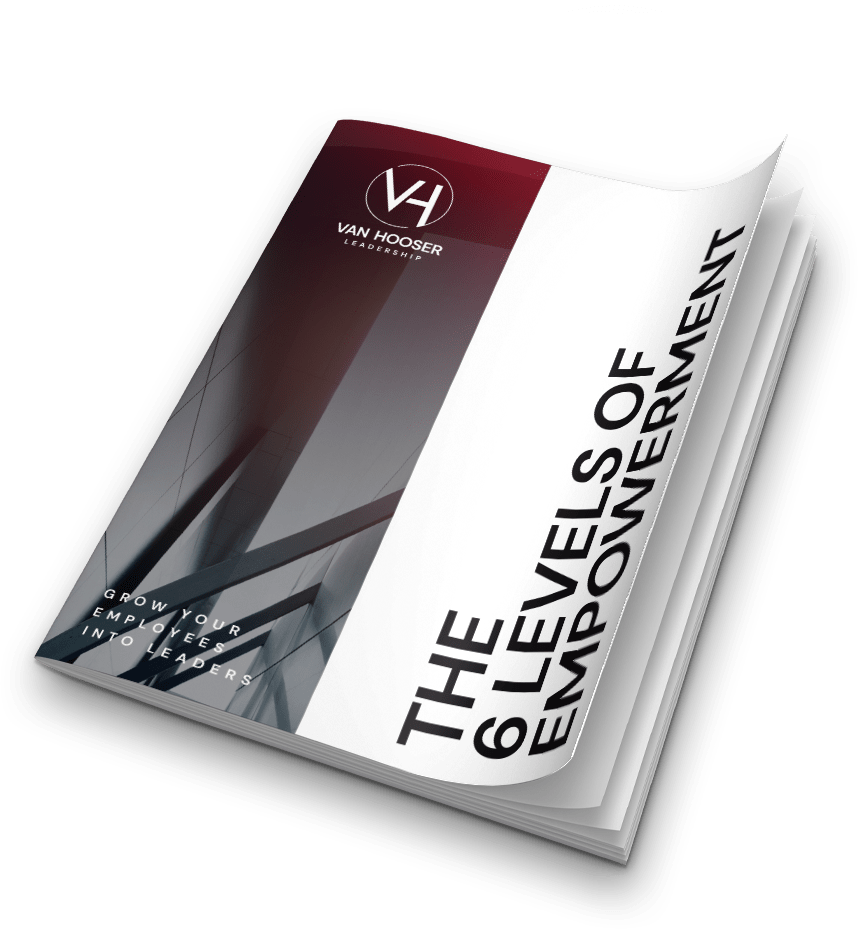After the significant emotional event of COVID-19, employees coming back to work may feel and act differently. What should leaders be doing? Consider this.
Significant Emotional Event & The Impact on Your Employees
I don’t remember a lot of things about my college years. After all, it’s been a long time! When I was a student back in the 1970s, I was introduced to a number of concepts that were new to me. But I have never forgotten one concept that was introduced way back then.
Who Are You?
It was espoused by Dr. Morris Massey, a marketing professor and sociologist. Dr. Massey said you are, we are, human beings are what we were when we were eight years old.
He held that an individual’s personality, values, motivation and fears, for the most part, are locked in based on what they’d experienced up to about eight years of age.
So think about for a second. My mother grew up in the Depression years of the 1930s, and that certainly impacted her for the balance of her life.
I know a number of people who were in their youth during Pearl Harbor and World War II. And that certainly impacted them.
Others may be thinking about the 1960s and the assassination of John K. Kennedy and Dr. Martin Luther King. And how a country’s innocence was lost.
Or maybe for the Millennials among us, it was 9-11 that most impacted our values, concerns, hopes, and our anxieties.
All those were situations that may have impacted someone back when they were eight years old.
And What’s Happened?
But you may be thinking, “I’m long past my eighth birthday. So for good or for bad, my die is cast.”
Well, maybe. But there is one other concept Dr. Massey espoused that you should consider.
Dr. Massey said we are basically who we were when we were eight years old except for one exception. He called it an “S.E.E.”, or a significant emotional event.
He said individuals who experience a significant emotional event, at any age, may change their foundational belief or value system. In other words, it is possible for a deeply significant, emotional event to what we believe and how we act. Significant emotional events have the power to change us.
And that’s pretty impressive.
Now, Massey said SEEs aren’t limited to events. SEEs can be anything that tap into an individual’s emotions. For example, a book, a movie, or a relationship.
I’m Not Who I Once Was
So why do I bring this up? Because as I’m writing this, it’s been about 125 days since America (and the world) was rocked by COVID-19. Almost literally over night, people’s lives changed. They were arrested in their thinking. Many were taken out of the workplace. And they were put in solitary confinement in their homes. These disrupting forces happened so quickly, people couldn’t process or plan for what might be the ultimate reality.
And why is that so important for me to share it with you today? Because one of these days, those employees are going to be coming back to work. Maybe they already have. And they may not be the same person that left 100 plus days ago.
You see, the experience of COVID-19 is different for every person. So this experience may prove to be the significant emotional event that changes your employees.
Get our leadership blog by email + get a bonus welcome gift.
For example, an employee may no longer want to be a part of a team in a physical location. They feel more comfortable being separated and isolated from that team. Or they may not be quite so gregarious anymore. Some may not be ready to interact and engage other people so quickly.
It’s not because they’re bad people. In short, it’s because they’ve had a significant emotional event. And that significant emotional event is something they’re trying to process. They are, I am, maybe even you are. (Use these tips to help your employees lower their stress…and yours.)
What Can I Do to Help?
So what is my advice to leaders today? Well, it’s basically the same advice that I’ve given leaders for a long time. Get to know your followers. If you really want to know what motivates your followers, know your follower.
In other words, spend time with them, talking and listening to them. Observe them and work to figure out what is driving their behavior.
And frankly, it shouldn’t be that hard. Because what’s on a person’s mind normally comes out of their mouth or shows in their behavior.
Now I’m not here to tell you how to do it. Because if I did, I’d be wrong many times. Why? Because people process information, circumstances, and situations very differently.
In short, we have to get to know our employees. Spend time and interact with all of them. As a result, we can discover their values, fears and motivation and respond appropriately.
You are what you were when. But you are also what you are now based on all the you’ve experienced. As a leader, we have to continue to recognize that our employees are changing. And as a result, so must we.
Keep Your Employees Engaged, Motivated & Committed to Your Cause. Talk to Us About How.
#employeemotivation #employeeengagement #postcovidworkplace #leadership #engagedleadership #engagedemployees










